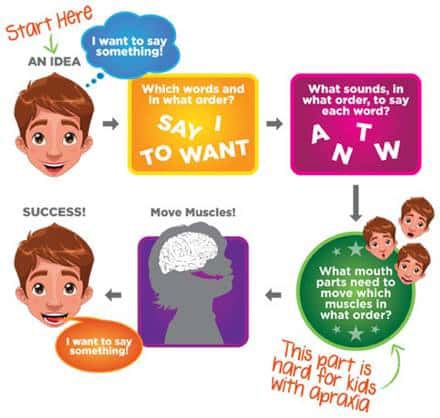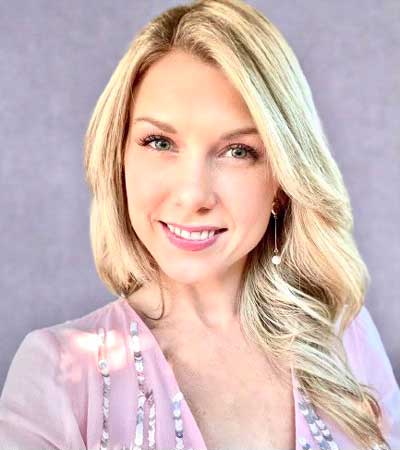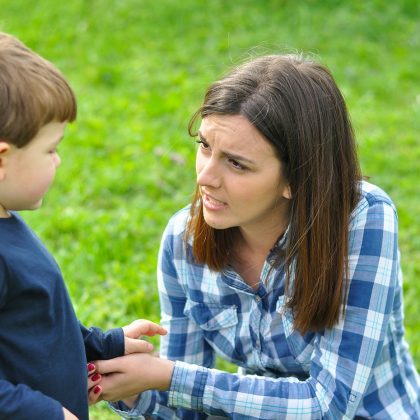“Mama”, “Dada”, “Hi!”, “Uh oh!”
Hearing a child’s first words can be one of the most exciting milestones for parents to witness.
But for some children, the brain has trouble sending a clear message when telling the mouth muscles how to move. The result? Those words don’t come out as easily.
These children have a speech disorder called Childhood Apraxia of Speech (CAS).
It’s present from birth, and CAS affects at least 1 in 1,000 children. The disorder is more common in boys than girls. Parents might start to see signs of Childhood Apraxia of Speech if their child is not saying as many words as they should.
Let’s talk more about the common signs and symptoms, and what can be done to help children with CAS improve their speech.
What is CAS?

Childhood Apraxia of Speech is a motor speech disorder that makes it hard to speak. It can require a lot of work to learn to say sounds and words better.” – American Speech-Language-Hearing Association.
Speaking seems easy. But in reality, it’s one of the most complex things our bodies do!
Did you know that our brains have to coordinate over 100 different muscles when we talk? In children with Childhood Apraxia of Speech, the brain knows what it wants to say and the muscles of the mouth work correctly. But there isn’t a clear signal to connect them.
If you’ve ever tried saying a tongue twister like “She sells seashells by the sea shore”, you can start to imagine the feeling a child with Apraxia might have when trying to speak. Your sounds and words might not come out in order or way you intended them to. And that can be frustrating for both the person trying to speak and the one who’s listening!
What Causes CAS?
In most cases, it’s unknown. More research is still needed to find out what causes certain children to have Childhood Apraxia of Speech.
We do know that in some cases, the speech disorder is related to an existing neurologic or genetic disorder, including:
- Stroke
- Traumatic Brain Injury
- Epilepsy
- Cerebral Palsy
- Chromosomal abnormalities
- Autism
What are the Signs & Symptoms of CAS?
As you watch for your child to start speaking during their first 3 years, you can look out for these signs of CAS:
- Many errors in how sounds are made.
- Inconsistencies in how certain sounds or words are said.
- More trouble saying sounds correctly as words get longer.
- Physical struggling or groping movements with the mouth during attempts at talking.
- A complex gesture system (using very detailed gestures or pointing, but saying few words).
- Can make sounds or words spontaneously but has trouble imitating them when asked.
- Makes limited vowel sounds or distorts vowels.
When a child has CAS, their parents might see some initial red flags by noticing that their child hasn’t started speaking yet or isn’t saying as many words as they should for their age. If a baby isn’t babbling, parents should also watch for signs of CAS.
Children who are speaking can show signs of CAS like these:
Not making that many different sounds.
Speech is difficult to understand.
Not saying words that they used to say.
It’s important to know that there is a range, and a child can show anywhere from just a few to several signs of CAS.
How (and When) to Get Help
A child with CAS will not simply outgrow the disorder. Frequent and consistent speech therapy is recommended by experts in order for him or her to experience the best possible outcomes with speech development.
Where to start? It’s recommended that your child is evaluated by a certified Speech-Language Pathologist (also known as a Speech Therapist).
Although it can be difficult to diagnose CAS before a child is 3 years-old, the Speech-Language Pathologist may be able to start providing therapy and watching for more signs of the disorder as the child grows.
Early intervention is typically recommended, so it’s a good idea to seek a professional opinion as soon as you start having concerns.
TherapyWorks is a company that provides speech therapy services with licensed professionals that can evaluate your child and, if needed, provide ongoing therapy services.
Outlook for Children with CAS
Can children with CAS eventually learn to speak “normally” like their peers?
Every child is different. But by attending Speech Therapy regularly and frequently practicing goals or techniques learned in therapy while at home, a child’s speech can greatly improve! If you would like to learn more, or discuss your child’s specific needs, please don’t hesitate to reach out to TherapyWorks!








